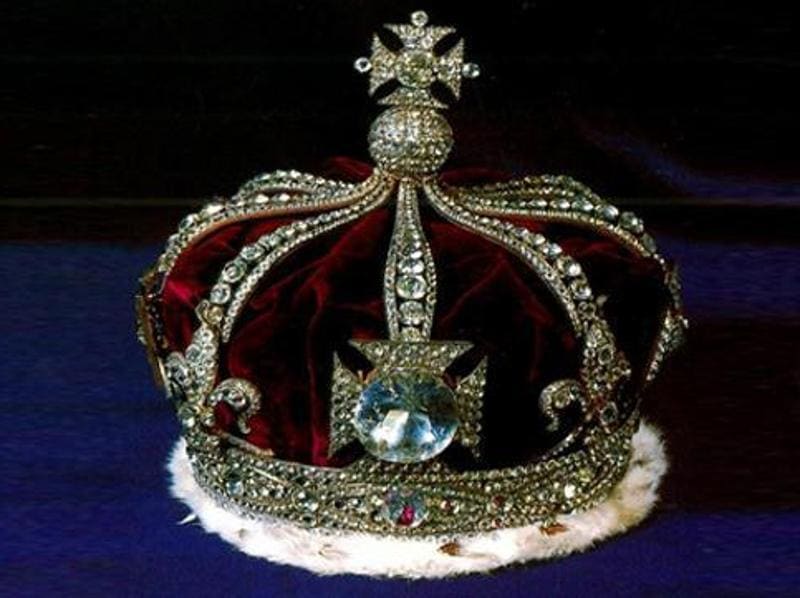
The Indian government will soon start a diplomatic campaign for reclaiming the Kohinoor diamond and several other treasures taken from India. Read to know more.
India eyes the Kohinoor and more by “reckoning with the past”
The Narendra Modi-led government will soon start the process of reclaiming treasures taken by Britain during its long colonial exploit in the subcontinent. The campaign is reportedly dubbed as “reckoning with the past”. It is going to be the largest repatriation claim faced by the UK. Diplomats in London will formally require institutions to keep artifacts seized as spoils of wars or collected during colonial rule.

“It is of huge importance to the government. The thrust of this effort to repatriate India’s artifacts comes from the personal commitment of Prime Minister Narendra Modi, who has made it a major priority,” stated Govind Mohan. Mohan is the Secretary for India’s culture ministry. While Kohinoor serves as a symbol of Britain’s conquest of the Indian subcontinent, it is the tip of the iceberg of all the wealth drained by the Raj. As per economist Utsa Patnaik’s research, Britain drained nearly $45 trillion worth of wealth between 1765 to 1938 from the subcontinent.
The troubled history of the prized jewel
The Indian government is aiming to secure and return the Kohinoor diamond. The diamond is one of the crown jewels held by King Charles III. It has been in the possession of the Royal family since 1849 CE. 10-year-old Maharaja Duldeep Singh was forced to give it away with the Treaty of Lahore in 1849. At the time the young boy’s mother was a prisoner of the British. However, to date, sections of British media and history books state the jewel was a gift for Britain. Some also state “It was handed over to the East India Company”. In the past, Indian historians have presented evidence, pointing out Kohinoor’s passing to the British under “colonial coercion”.
